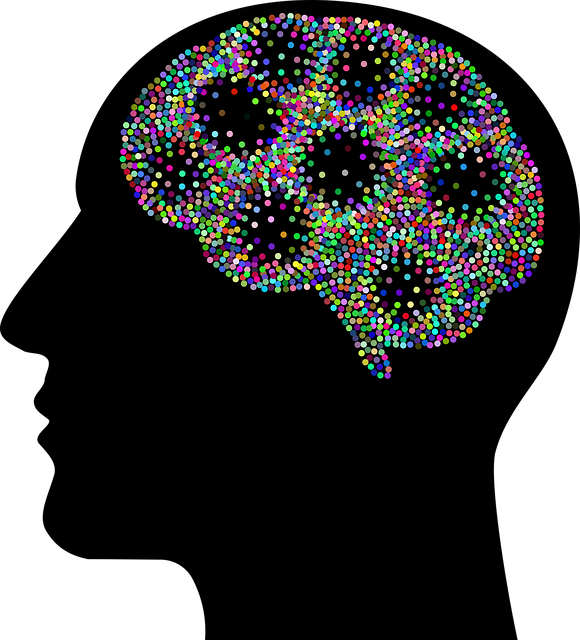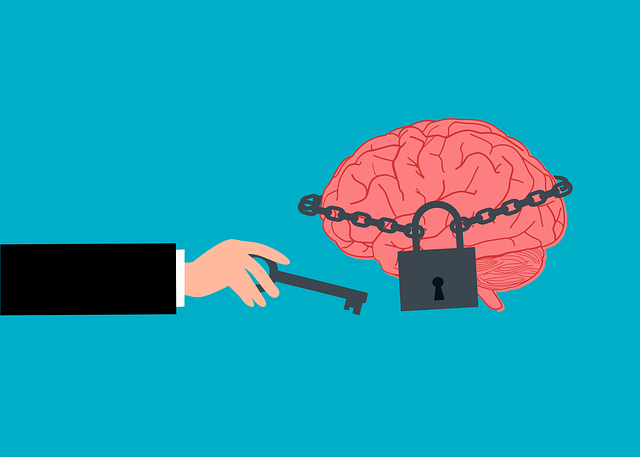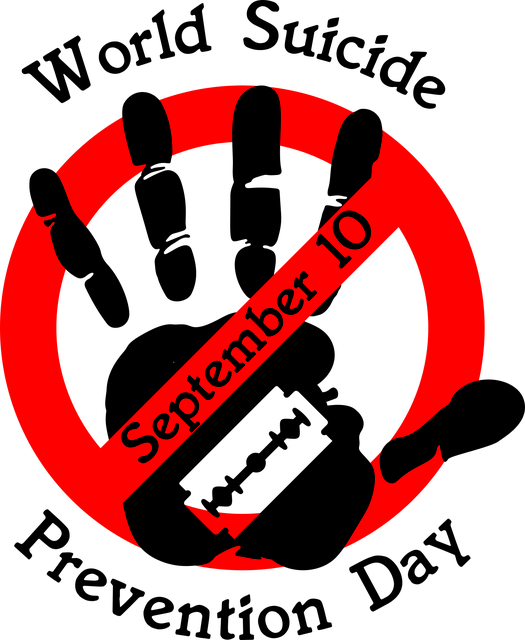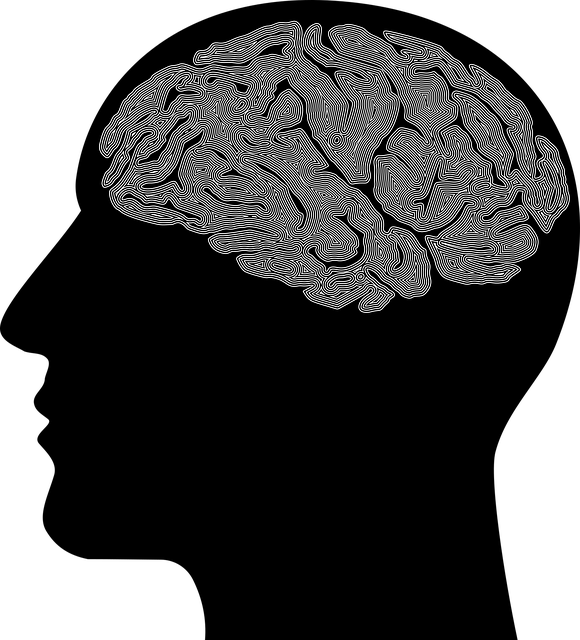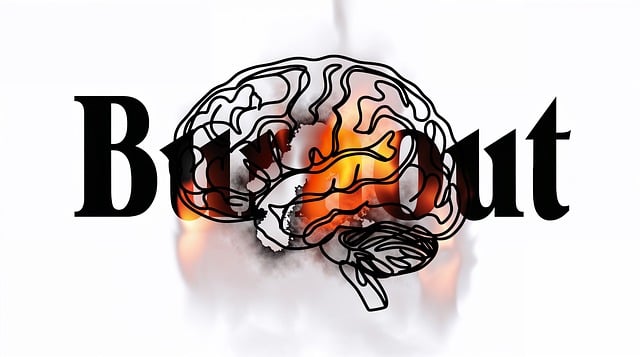Mental Health Crisis Hotlines, accessible 24/7 via Centennial Neuro Disorders Therapy (CNDT), provide immediate support and confidential spaces for acute mental health challenges, including suicide prevention and trauma support. CNDT's holistic approach integrates evidence-based practices sensitive to neurodiversity, addressing anxiety, depression, and trauma with stress reduction methods and mindfulness meditation. Effective use of hotline services requires clarity about needs and feelings, fostering a non-judgmental environment where professionals offer guidance and emotional support. Training for healthcare providers emphasizes comprehensive crisis management, cultural competency, and emotional regulation to enhance support and improve outcomes.
“In today’s fast-paced world, mental health crisis hotline support services play a pivotal role in offering immediate assistance. These hotlines are a vital resource, especially for those grappling with severe emotional distress or thoughts of self-harm. This article explores the crucial contribution of Centennial Neuro Disorders Therapy (CNDT) in crisis support, alongside practical tips on accessing and utilizing these services effectively. We also delve into the essential training and preparedness needed to equip professionals for crisis intervention.”
- Understanding Mental Health Crisis Hotlines: A Vital Resource
- The Role of Centennial Neuro Disorders Therapy in Crisis Support
- Accessing and Utilizing Hotline Services Effectively
- Training and Preparedness: Equipping Professionals for Crisis Intervention
Understanding Mental Health Crisis Hotlines: A Vital Resource

Mental Health Crisis Hotlines serve as a vital resource for individuals facing acute mental health challenges. These 24/7 services provide immediate support, offering confidential and non-judgmental spaces where people can share their struggles and receive guidance. Trained professionals offer active listening, crisis intervention, and resources tailored to diverse needs, from suicide prevention to trauma support services.
Centennial Neuro Disorders Therapy recognizes the importance of these hotlines in addressing a range of issues, including burnout prevention strategies for healthcare providers. By offering timely assistance, they can prevent escalation and promote mental wellness. This proactive approach is crucial in a world where access to such resources can make all the difference in someone’s life.
The Role of Centennial Neuro Disorders Therapy in Crisis Support

Centennial Neuro Disorders Therapy (CNDT) plays a pivotal role in crisis support, offering specialized services to individuals facing mental health emergencies. Their approach combines evidence-based practices tailored for neurodiversity, ensuring that each client receives individualized care. CNDT professionals are equipped to handle complex cases involving anxiety, depression, and trauma, often seen in healthcare providers due to Burnout Prevention Strategies.
By integrating Stress Reduction Methods and Mindfulness Meditation into their therapy sessions, CNDT promotes resilience and coping mechanisms. This holistic approach not only addresses the immediate crisis but also empowers individuals with long-term strategies to navigate challenging situations, fostering a sense of well-being and self-care that is essential for navigating today’s demanding world.
Accessing and Utilizing Hotline Services Effectively

Accessing hotline services for mental health support can be a valuable step towards improving one’s well-being, especially during crises. At Centennial Neuro Disorders Therapy, we understand that reaching out is a sign of strength and courage. Effectively utilizing these resources involves being clear about your needs and feelings when contacting the hotline. It’s essential to express what you’re going through without fear of judgment. The trained professionals on the other end are there to listen, offer guidance, and provide a safe space for emotional exploration.
For optimal support, consider preparing before calling. Write down your thoughts in a Mental Wellness Journaling Exercise, reflecting on triggers, coping mechanisms, and any specific areas needing attention. This self-awareness can help hotline counselors tailor their assistance. Additionally, remember that hotlines are not just for acute crises; they offer ongoing Emotional Intelligence development and serve as valuable tools in Mental Illness Stigma Reduction Efforts. They provide a confidential space to explore and manage mental health, ensuring individuals feel empowered to navigate life’s challenges more effectively.
Training and Preparedness: Equipping Professionals for Crisis Intervention

Effective crisis hotline support hinges on well-trained professionals equipped to handle a wide range of mental health emergencies. At Centennial Neuro Disorders Therapy, we prioritize preparing our healthcare providers through comprehensive training programs that focus on both clinical expertise and emotional intelligence. This dual approach ensures our staff can not only provide immediate assistance during crises but also foster emotional regulation in individuals seeking help.
The curriculum for such training often includes specialized modules on healthcare provider cultural competency, addressing the unique needs of diverse populations. By equipping professionals with the skills to navigate complex emotional situations, we enhance their ability to offer tailored support. This holistic preparation empowers our team to effectively respond to various mental health crises, ultimately improving outcomes for individuals in need.
Mental health crisis hotline support services play a crucial role in providing immediate assistance during times of distress. As highlighted, Centennial Neuro Disorders Therapy offers valuable expertise in crisis intervention, complementing these hotlines’ life-saving efforts. By enhancing professional training and promoting effective access to these resources, we can ensure that individuals in need receive the best possible care. This collaborative approach is essential in fostering a supportive environment for mental health recovery and overall well-being.


